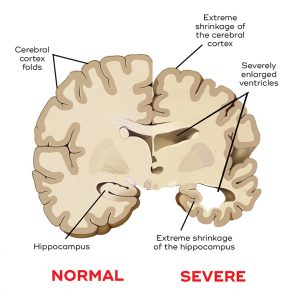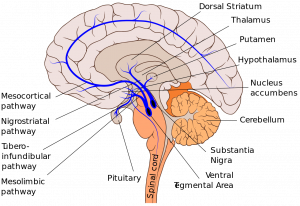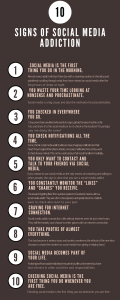Have you ever heard a Drake or Rihanna song? Many people would likely say that they have. Music is an art that people across the world listen to daily and while some listen to it for enjoyment, it also provides many health benefits such as reducing stress, anxiety, and improving your mood. But, these are things that you probably already knew about music. Research nowadays has been focusing on how music can be implemented in treating patients. A recent study published by Dr. Hei Long Lam in 2020 found that music therapy can be an effective method in improving the lives of patients that have dementia.
Dementia is a commonly increasing syndrome, which currently does not have a cure. It is also a general term used for the loss of memory, language, and other thinking abilities. Dementia is caused by damage to brain cells and this damage goes on to interfere with the ability of brain cells to communicate with each other which ultimately leads to an array of problems. Alzheimer’s is the most common type of dementia which is the damage and degradation of the hippocampus (a part of the brain which is essential for memory formation). People who have dementia usually have a difficult time communicating, recalling information and worse of all this condition is progressive, so it will get worse over time.

Image: University of Queensland/google. This image shows how a normal brain compares to a brain with severe Alzheimer’s. As seen in the image the hippocampus has almost completely disappeared.
Dr. Lam found that music therapy can help dementia patients better recall memories, enhance verbal fluency, and dramatically reduces the patients’ depression and anxiety.
In this video, it is seen that elderly people with dementia are able to successfully recall memories and string together many sentences after listening to music
The reasons for how music is able to such things have been researched extensively by many people. These researchers found that there are two main qualities of music that allow for these results in the patients. Firstly, the music evokes emotions and this can bring back memories. If music is paired with everyday activities there is a chance that dementia patients will recall the memory of how to do the activity. Secondly, as stated in the video above, music is processed and stored in many parts of the brain so musical appreciation is one of the last remaining abilities in a dementia patient. So even for a late-stage dementia patient, playing music is an excellent way of reaching beyond the disease and connecting with the patient.
Music therapy is a great non-pharmaceutical method that can improve many aspects of a dementia patient’s life. Despite these great findings published in the research article, they state that they have only scratched the surface of the relationship between music and dementia. Ultimately they stated that more clinical trials must be done to fully understand the therapeutic value of music therapy.
-Harman Sandhu





 Curing social media addiction is hard. As previously mentioned, companies that make the apps we use purposely design their apps to maximize the use of our dopamine-driven reward circuitry to keep us continually using their apps. Seemingly, the only way to cure the addiction is to simply stop using the apps, and remove them from our phones.
Curing social media addiction is hard. As previously mentioned, companies that make the apps we use purposely design their apps to maximize the use of our dopamine-driven reward circuitry to keep us continually using their apps. Seemingly, the only way to cure the addiction is to simply stop using the apps, and remove them from our phones.

